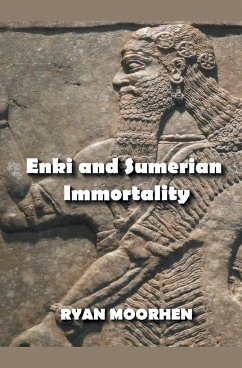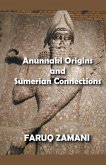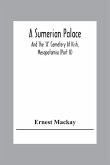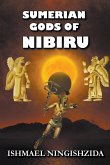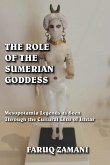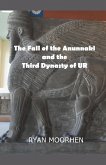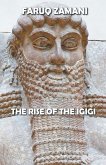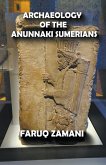There is a wide variety of types and genres in these compositions, which are as startling as it is revealing, given the age of the culture involved. In Sumer, nearly a millennium before the Hebrews wrote their Bible, or the Greeks their Iliad and Odyssey, we find a growing body of literature (here and throughout this paper, the term literature is used in the more restricted sense of belles-lettres) that includes such diverse genres as epic tales and myths, hymns and laments - as well as many more "wisdom" compositions, such as maxims, fables, and other didactic compositions. First, we turn to the epic tales of Sumer, the oldest known examples of heroic poetry. Some twelve epic tales that must have been popular in Sumer can now be fully or partially restored. Based on our evidence, they range in length from over four hundred to less than two hundred lines. Consequently, they should be called "epic tales" rather than "epics" since the latter implies a substantial composition.
Hinweis: Dieser Artikel kann nur an eine deutsche Lieferadresse ausgeliefert werden.
Hinweis: Dieser Artikel kann nur an eine deutsche Lieferadresse ausgeliefert werden.

